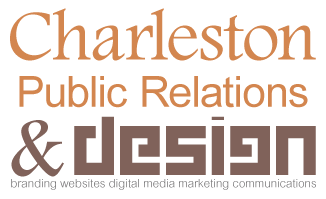
Charleston PR Sunset
For everything there is a season, and a time for every matter under heaven.
Charleston PR & Design, LLC has ceased business.
All clients have been notified. We are not taking on any new work. If you have questions, contact support@charlestonpr.com
Now it is time for us to enjoy the golden glow. To celebrate, share, and indulge in personal time.